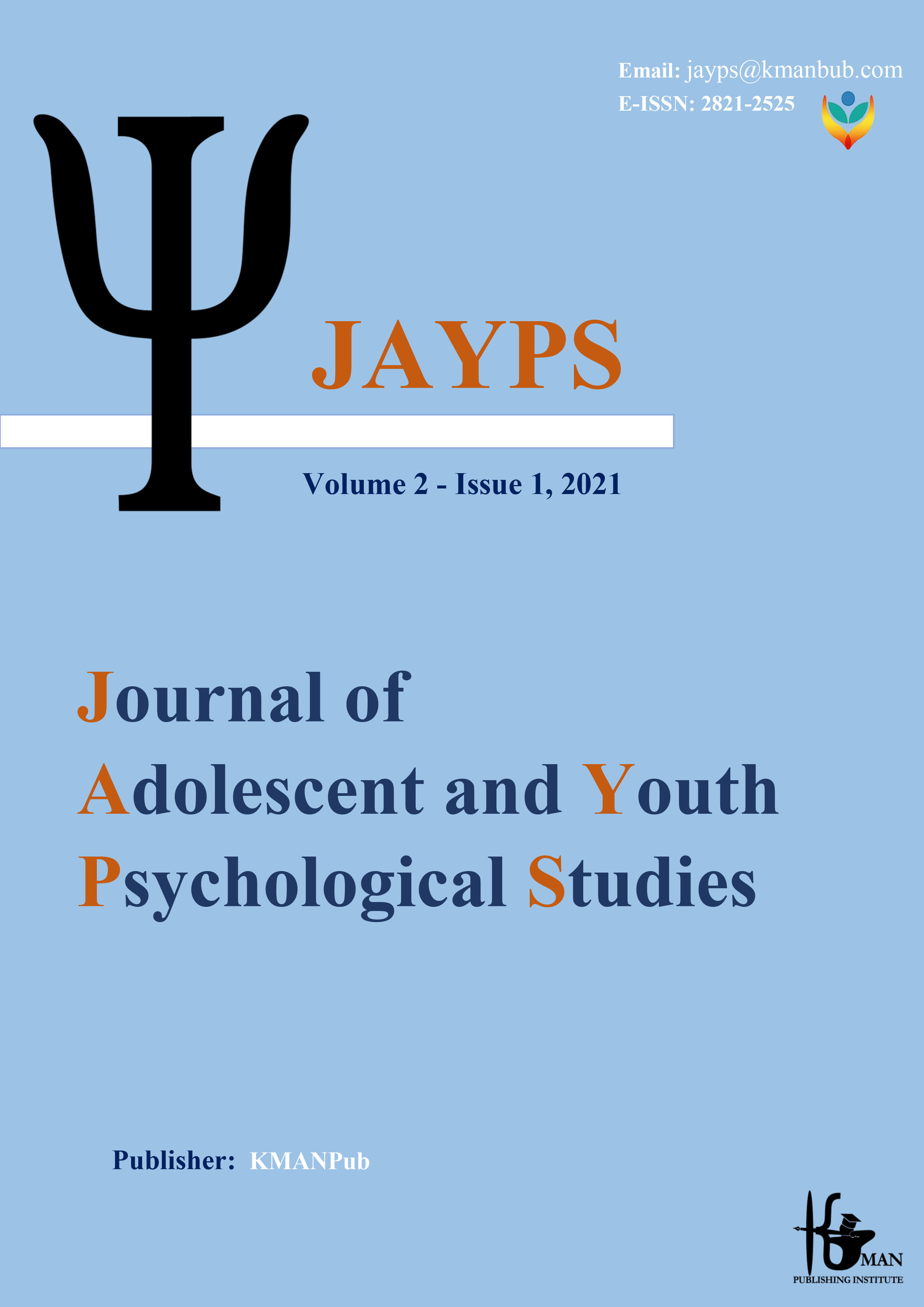Sociological study of the role of cultural-social capital in the psychological explanation of high-risk behaviors of female heads of households
Keywords:
High risk behaviors, social capital, cultural capital, female-headed householdsAbstract
Background and Aim: The emergence of risky behaviors among female heads of households is one of the social issues and harms that has become one of the most important human concerns. The present study was conducted to sociologically study the role of social capital and cultural capital in explaining high-risk behaviors among female heads of households in Kerman city. Method: The current research is a descriptive correlation study. The statistical population includes all women heads of households with high-risk behaviors in Kerman city, of which 120 people were selected using sample power software and targeted sampling. The tool for collecting information is also a questionnaire made by the researcher. SPSS software was also used to analyze the data. Method: The current research is a descriptive correlation study. The statistical population includes all women heads of households with high-risk behaviors in Kerman city, of which 120 people were selected using sample power software and targeted sampling. The tool for collecting information is also a questionnaire made by the researcher. SPSS software was also used to analyze the data. Results: The findings indicate that there is a correlation between social capital and cultural capital and their components as independent research variables with the variable of a tendency to risky behaviors; Also, the results of the regression analysis of the research showed that the variables in the model had explained 32% of the changes in the dependent variable of high-risk behaviors. Conclusion: The results of the present study show that female heads of the household are less inclined towards risky behaviors when they have the social support of the family. Therefore, strengthening social support for women to increase social capital causes a significant reduction in the occurrence of high-risk behaviors and positively affects women's behaviors.
Downloads
Downloads
Published
Issue
Section
License

This work is licensed under a Creative Commons Attribution-NonCommercial 4.0 International License.





























